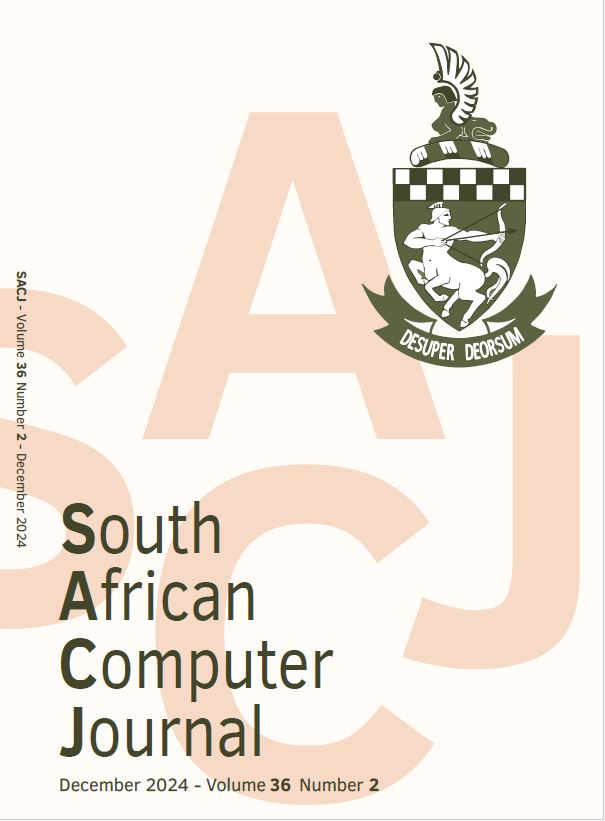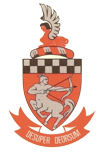Migrating teaching of automata theory to a digital platform
DOI:
https://doi.org/10.18489/sacj.v36i2.17844Keywords:
Automata theory, computer science education, digital learningAbstract
This research explores the challenges of teaching automata theory in computer science and proposes a digital solution to enhance learning experiences. Traditionally taught through pen and paper, automata theory often appears daunting to students due to its abstract nature. This study advocates for a shift towards a more interactive, digital approach. It presents a detailed analysis of current teaching practices, highlighting the need for digital innovation. Based on the categorisation of common question types in traditional assessments, the research introduces 'AutomaTutor', a mobile application designed for this specific educational context. 'AutomaTutor' features a user-friendly interface with a guided exercise system and an interactive editor for experimentation. It offers immediate feedback, hints, and varied problem sets, promoting self-guided learning. An experimental evaluation with postgraduate students demonstrated a preference for 'AutomaTutor' over conventional methods, confirming the hypothesis that a digital platform can significantly improve the understanding of automata theory. The study represents a step forward in making theoretical computer science more accessible and engaging, benefiting both teachers and students. It underscores the potential of integrating technology with traditional teaching principles in automata theory education.
Downloads
Published
Issue
Section
License
Copyright (c) 2024 Steven Jordaan, Nils Timm, Linda Marshall

This work is licensed under a Creative Commons Attribution-NonCommercial 4.0 International License.





.png)